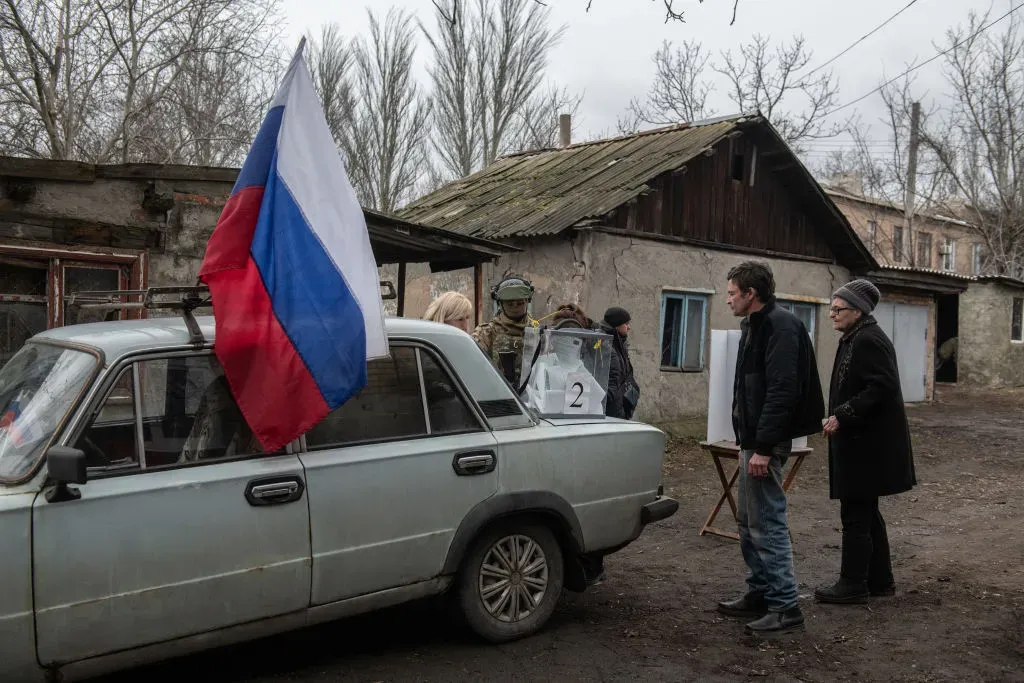Russia seeking to ban 'anti-Russian separatist movement'

Russia's Justice Ministry will seek to ban the "anti-Russian separatist movement" as an "extremist" organization, the ministry said on April 26.
The organization is loosely described, but characterized as having the goal of trying to "destroy the multinational unity and territorial integrity of Russia."
Russia has previously banned vaguely defined "extremist" groups, such as the "international LGBT social movement," which was outlawed by Russia's Supreme Court in November 2023.
It was not clear what precisely the court meant by the "international LGBT movement" and if the ban applied to any specific organizations or the entire LGBT community, including those who are not affiliated with any organized group.
The Russian independent outlet OVD-Info similarly reported that it was unable to find a formal organization called the "anti-Russian separatist movement."
Laws in Russia, including the label of "extremist," are often enforced arbitrarily or used to target perceived opponents of the regime.
Igor Krasnov, the head of the short-lived presidential campaign of Russian anti-war politician Boris Nadezhdin, was arrested in March and sentenced to six days in prison for "propagating extremist LGBT."
The charge reportedly stemmed from a message Krasnov sent on the Telegram messaging app that contained the rainbow flag emoji.
There have been separatist movements in Russia since the fall of the Soviet Union, namely in Chechnya, which was ultimately crushed by the Russian military after two bloody wars.
While Russia's full-scale war against Ukraine has renewed analysis of Russia as an imperial power and caused related calls for decolonization, actual separatist movements on the ground have not gained significant public traction.
The promotion of separatism is a crime in Russia.















